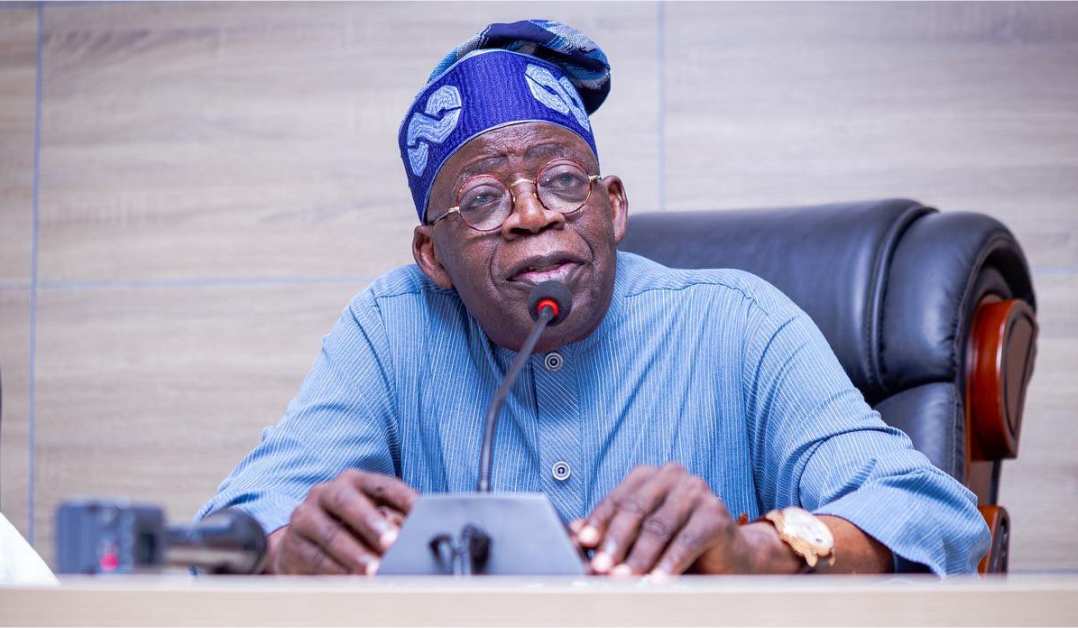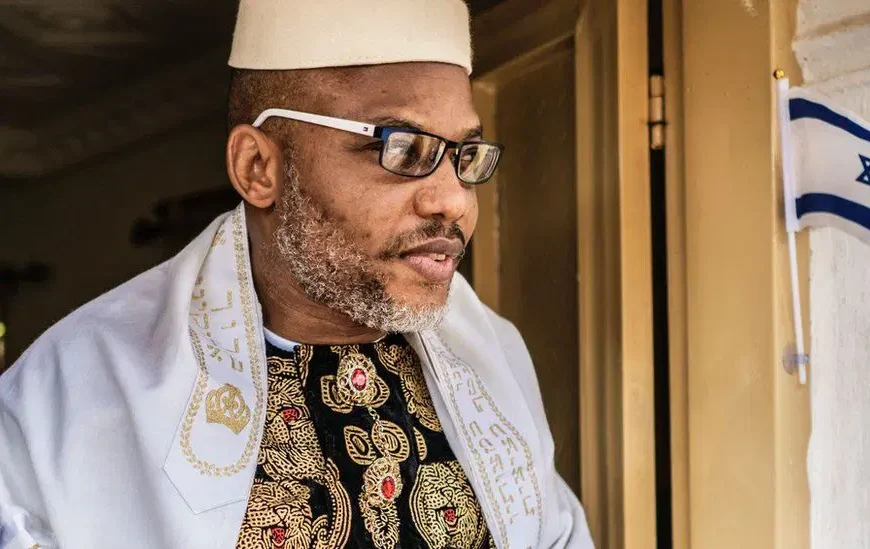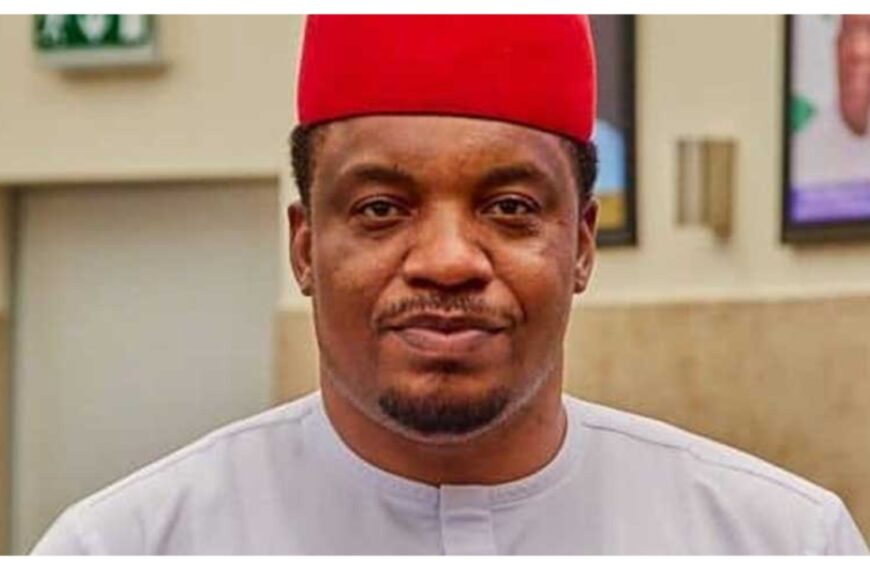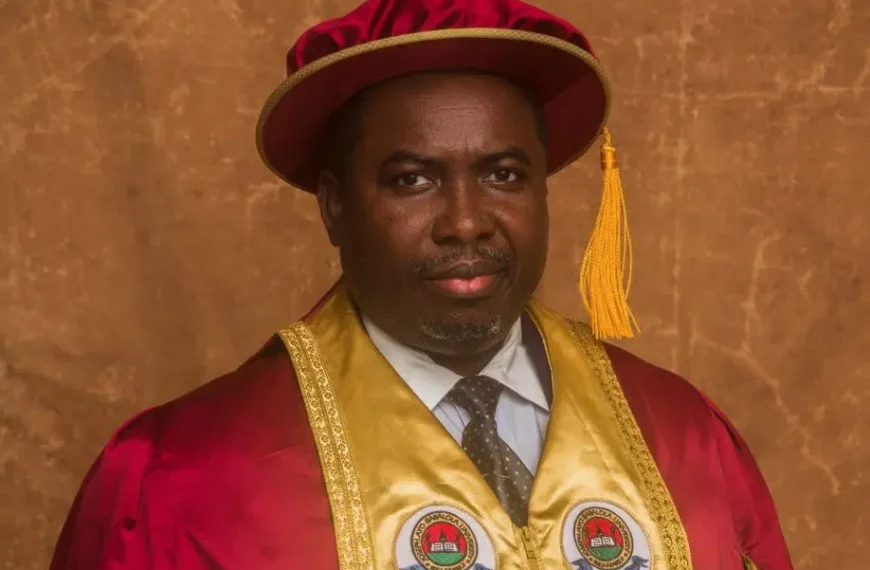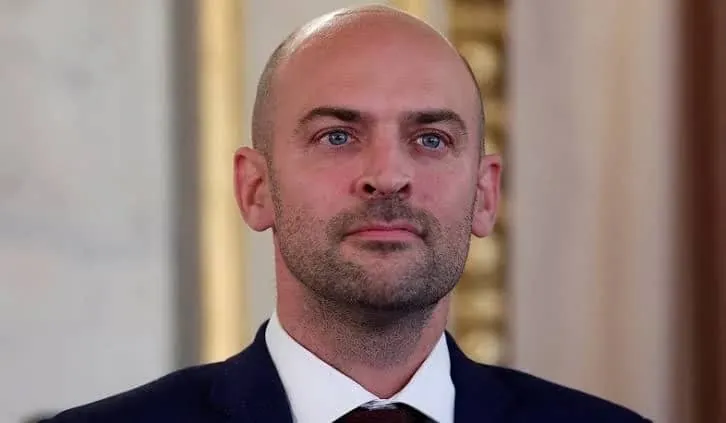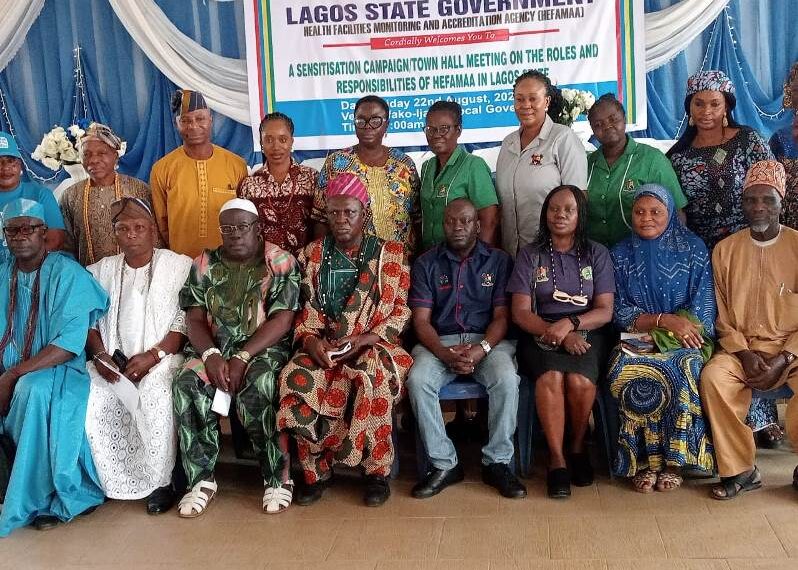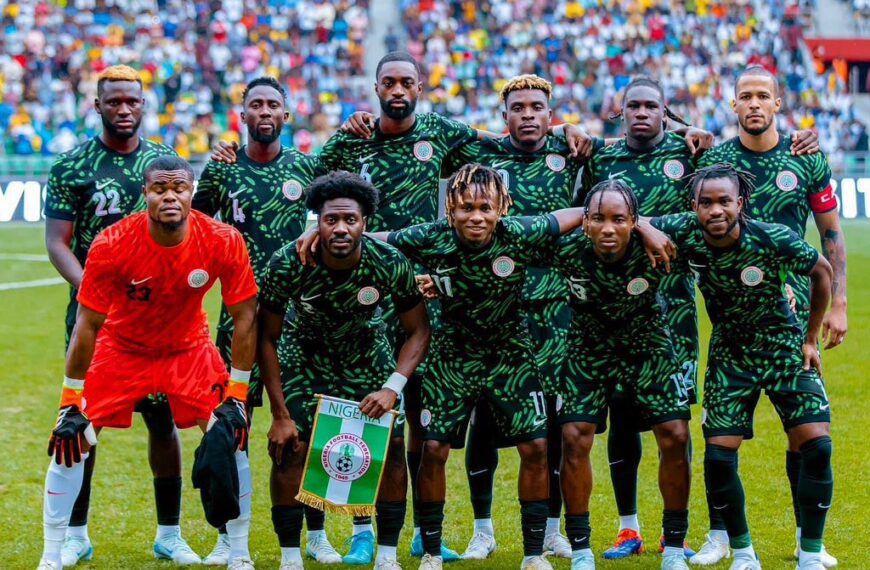The Federal Government of Nigeria is currently in the process of securing a new $1.75 billion loan from the World Bank to support a range of development initiatives aimed at bolstering agriculture, healthcare, digital infrastructure, and small business financing.
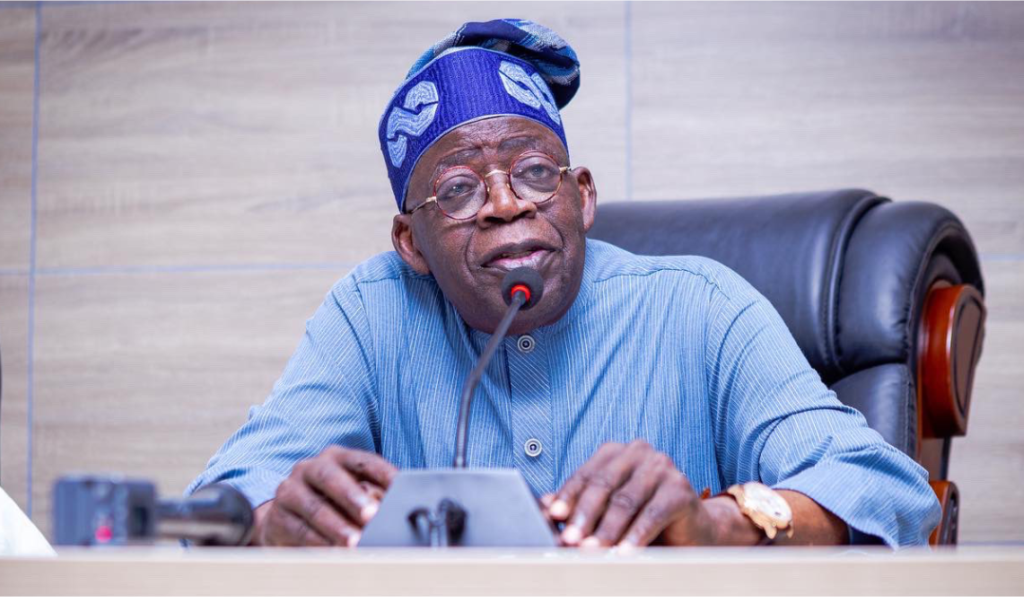
Breakdown of Loan Components
The proposed $1.75 billion is spread across four key projects:
- Nigeria Sustainable Agricultural Value-Chains for Growth – $500 million
Designed to boost agricultural productivity and strengthen value chains in rural areas, this project is currently at the Concept Review stage and is expected to be approved by December 11, 2025. - Building Resilient Digital Infrastructure for Growth – $500 million
This initiative focuses on expanding Nigeria’s digital infrastructure to support tech-driven economic growth. It is in the Begin Negotiation phase, with an anticipated approval date of October 31, 2025. - Health Security Programme in Western and Central Africa, Nigeria (Phase II) – $250 million
Targeted at strengthening health systems and emergency response mechanisms, this project is also in the Begin Negotiation stage, with approval expected by September 30, 2025. - Fostering Inclusive Finance for MSMEs in Nigeria – $500 million
Aimed at expanding access to finance for Micro, Small and Medium Enterprises (MSMEs), this program is in the Concept Review stage with approval projected for December 18, 2025.
Context and Implications
Ongoing Reliance on World Bank Funding
The request for fresh loans continues Nigeria’s increasing dependence on concessional funding from international institutions. Between June 2023 and August 2025, the World Bank approved approximately $8.4 billion across 15 different projects supporting energy, education, healthcare, and infrastructure development.
Rising Debt Concerns
The Tinubu administration has already secured over 17 loan approvals from the World Bank, totaling over $6 billion. This has raised concerns among economists and civil society groups as Nigeria’s external debt rose sharply—from ₦29.8 trillion in June 2023 to around ₦62.9 trillion by the end of 2024.
Balancing Development and Fiscal Responsibility
While the government maintains that these loans are crucial for sustainable development, critics warn that continued borrowing may deepen fiscal vulnerability unless accompanied by significant structural reforms and transparent fund management.

